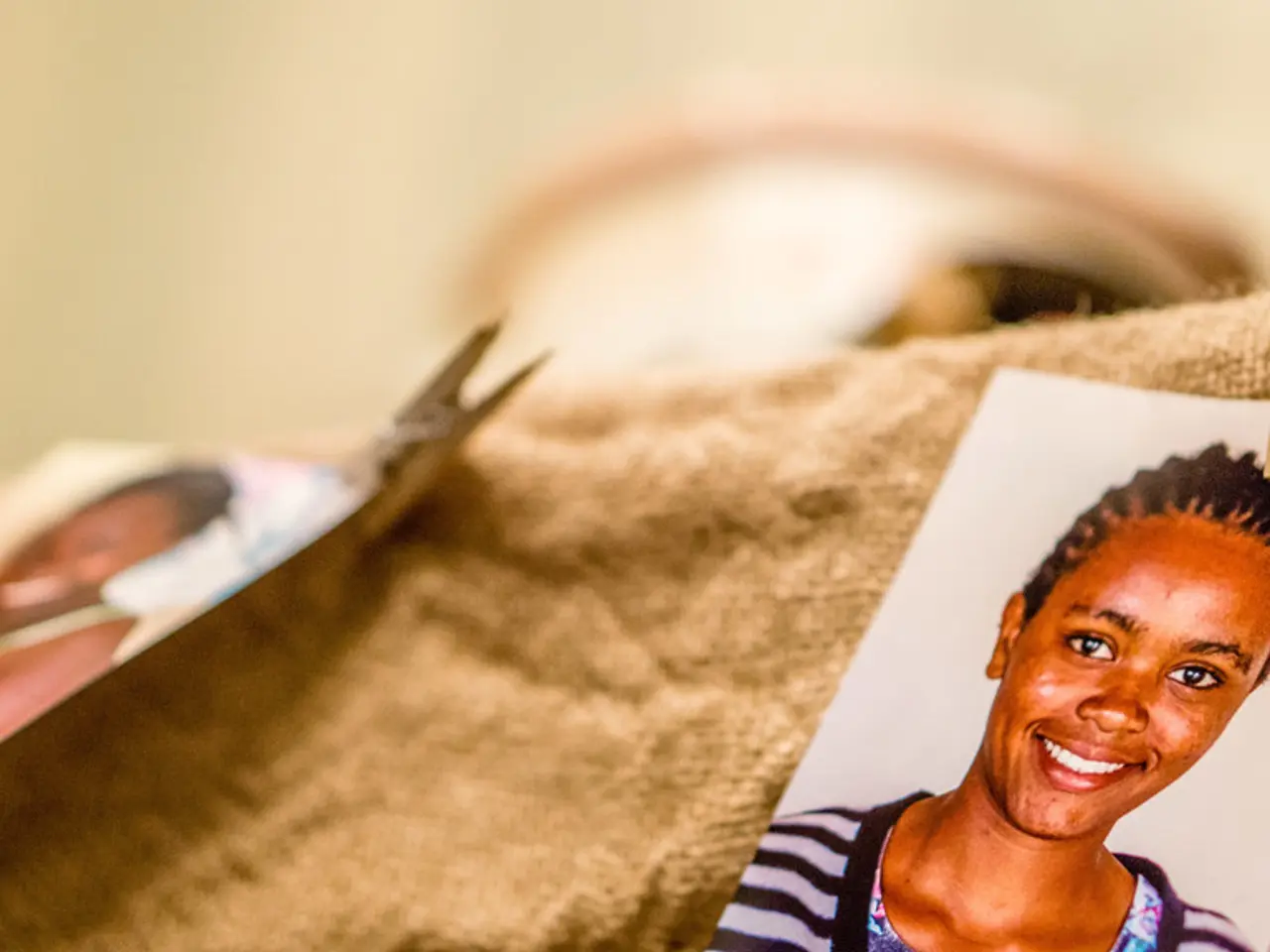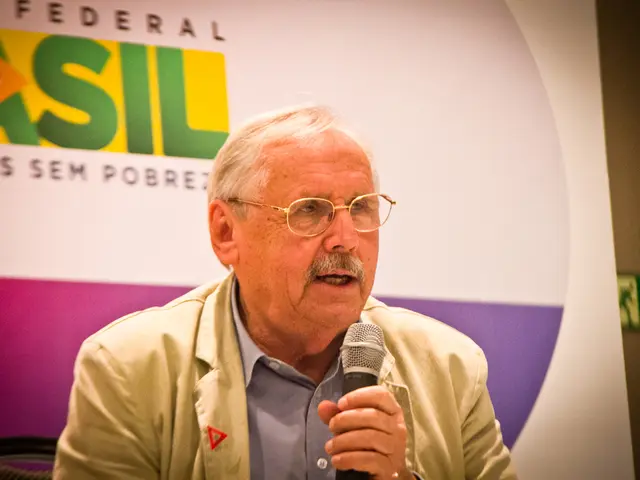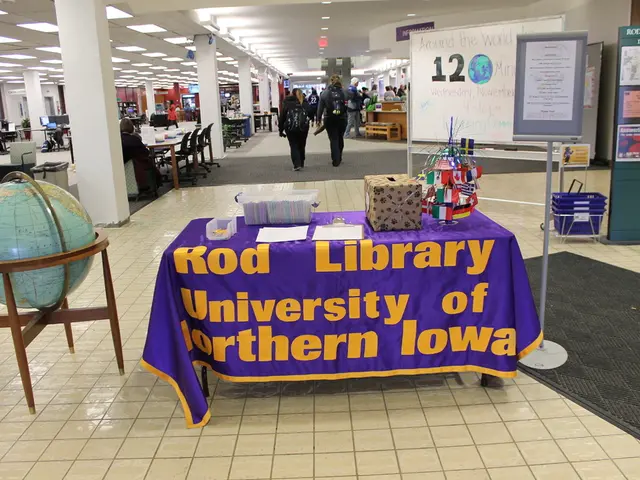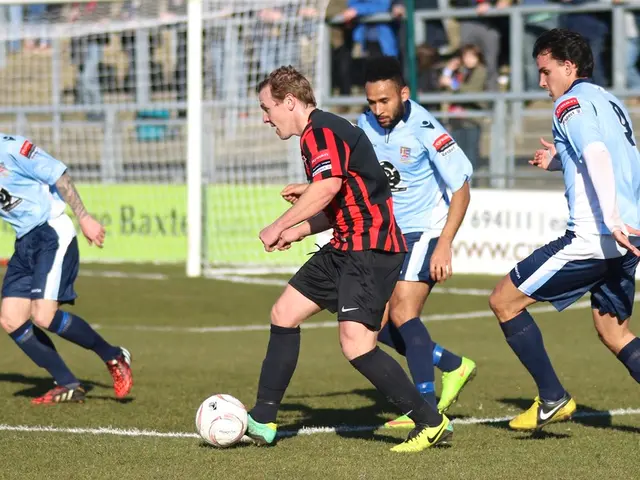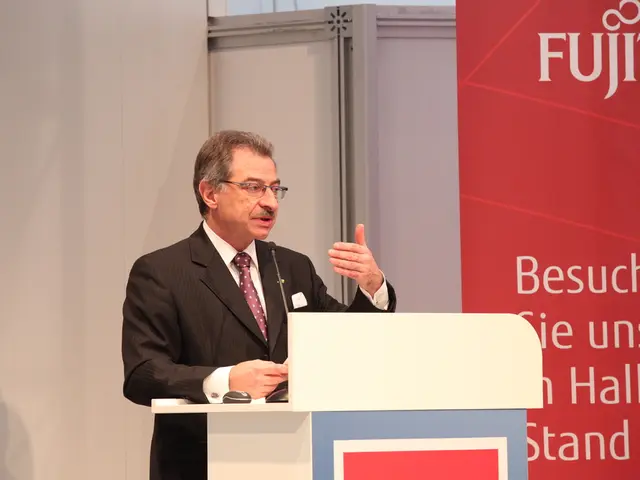More than 24,000 Nigerians have been reported as missing since 2015, with Borno leading the count at around 9,000, according to the International Committee of the Red Cross (ICRC).
In a recent statement, Diana Japaridze, the Head of the International Committee of the Red Cross (ICRC) sub-delegation in Maiduguri, has expressed deep concern over the growing number of peoples still searching for their family members years after being displaced by violence in Nigeria.
The ICRC, operating under a strict non-political mandate, works closely with the Nigerian Red Cross Society to deliver essential services, emergency help, and other aid in conflict-affected regions, particularly in the North-East. The organisation plays a vital role in providing services such as clean water, medical support, and cash assistance for livelihoods.
The crisis of missing persons in Nigeria is a significant concern. As of August 2024, 71,000 people across Africa are registered as missing with the ICRC, a 75% rise from the number recorded in 2019. Over 24,000 Nigerians are missing, according to the ICRC, with the highest number recorded in Borno State, where about 9,000 are missing out of the 16,000 registered by the ICRC in the north-east.
71% of the missing incidents occurred between 2014 and 2015, and 65% of those missing were children at the time they disappeared. Many more cases of missing persons remain unregistered, and only a small fraction of those reported have been traced and reunified with their families.
Japaridze urged the Nigerian media to raise awareness about the crisis of missing persons and encouraged journalists to improve their coverage on the topic. The ICRC hopes that the knowledge and discussions shared during a recent training will help journalists research more deeply, ask better questions, and write quality content.
Families have a right to know their fate, according to Japaridze. Restricted access to conflict-affected areas and difficulty reaching families are major obstacles in locating and reunifying missing persons. The ICRC is a trusted intermediary in conflict settings and promotes international humanitarian law.
In 2024, the ICRC has made modest progress in reuniting families, with 11 persons reunited with their families this year, in addition to the 13 reunited earlier. However, some people spend years searching for loved ones, often with no result.
The ICRC operates globally as a neutral and independent humanitarian organization, promoting international humanitarian law and serving as a trusted intermediary in conflict settings. The organisation urges the public to support its efforts in helping families find their missing loved ones and providing essential aid to those affected by conflict in Nigeria.
Read also:
- United States tariffs pose a threat to India, necessitating the recruitment of adept negotiators or strategists, similar to those who had influenced Trump's decisions.
- Weekly happenings in the German Federal Parliament (Bundestag)
- Southwest region's most popular posts, accompanied by an inquiry:
- Discussion between Putin and Trump in Alaska could potentially overshadow Ukraine's concerns
